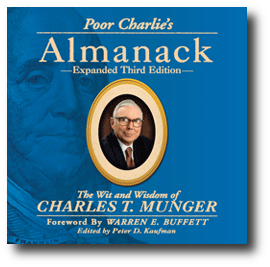Reading Time: 12 minutes
The below list of books are not necessarily the “best” books in the world but they are all books which have had a significant influence on my life and the way I think. While I enjoy fiction, I’m strongly biased towards reading non-fiction. Most of the below points I make are mainly applicable to non-fiction material. Within non-fiction, I generally go for books that I believe I’ll “get something out of”, be that a new insight or technique.
When I say influential, what I mean is that there are points in the below books where I stopped, considered what I just read, perhaps daydreamed or my mind began to wander off into space and dream up some mad plan.
So what do I mean by “get something out of”?
- The book provided an insight into something which I didn’t know or understand before
- I learned an “Unknown Unknown” i.e. something which I didn’t know I didn’t know
- The book caused me to reflect on something that I had done or was doing and/or cause me to change my behaviour
Often it can be something very simple, a great example of this is from “Poor Charlie’s Almanack”. The story about how Charlie Munger credits the cash register with rapid commercial development in American retail businesses is quite profound. It encouraged employees to be honest and reduced theft by employees; who might have otherwise allowed some cash to go missing. This is such a simple example, but it clearly demonstrates the powerful effect the cash register had. The point here is that everyone understands what a cash register is but not everyone understands the fundamental role it has played in the evolution of commerce.
Sometimes it’s just a great quote or line that I hear or read. Like this one from Tools of Titans “What might you do to accomplish your 10 year goals in the next 6 months, if you had a gun against your head?” – Peter Thiel. When I read this, it caused me to step back and reflect on what I was doing to achieve my goals and what I could do to realise them sooner. The value in this exercise is not whether a given goal can be done in a much shorter timeframe, it’s that going through this thought experiment encourages you to identify gaps in your logic and challenges assumptions you may have made.
Another way of measuring influence is: “Did the book make you want to write down a note about something you just read like a quote, did it give you some inspiration or cause you to take some action?” When I am stopping regularly to take a note on something I’m reading, I know I’m onto something excellent. While I wouldn’t make this a prerequisite to make it onto the below list, it’s a strong factor. The trade off is that this note taking approach reduces reading speed but I still believe it’s a valuable exercise and leads to better recall.
A final measure is when you finish a book, do you want to go back to the start and read it again, or feel at least that some parts are worth revisiting a second time?
Inverting the above, if you are reading a book and you are not experiencing any of the above, then it’s probably either something you already understand well or are familiar with. Or being blunt, it’s just no good. Stop reading. Move on. Life is too short to throw good time after bad.
Now that I’ve set out my criteria of measuring influence, let’s jump straight into the most influential book I’ve ever read.
Book #1
Title: Poor Charlie’s Almanack
Author: Charlie Munger
Channel: Physical
Year read: 2010/2011
Link: https://www.poorcharliesalmanack.com/orderform_2016.php
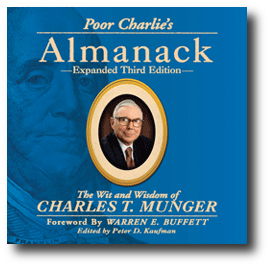
Lest he need an introduction, Charlie Munger has been Warren Buffett’s business partner in running the highly successful Berkshire Hathaway for over six decades.
I recall that despite my pretty high expectations when I began to read this book, I realised very quickly that it was an epic. It blew my mind and expanded my worldview. It very clearly explains the approach, specifically the mental model approach, which Charlie Munger espouses and has used successfully to make brilliant investment decisions. It consists of having a strong general knowledge but with a focus on principles from the natural sciences and engineering.
It’s a heavy read in places and I can understand why some people wouldn’t find it as enthralling as I did. It costs $49 (+ delivery cost) which I’m sure acts as a deterrent to some people making the purchase, but I would say two things to that, how much do you value your knowledge and the extension of same? The second point is that all profits from the book go to charity (The Munger Research Center of the Huntington Library). A word of caution about it’s physical size. It’s an absolute tome. You won’t be shoving it in your carry on bag for a trip.
The main takeaway from this book is: Read a lot. Continue to learn. Build approaches from first principles (a concept heavily emphasised below by Elon Musk). I honestly can’t think of any person who wouldn’t benefit from reading it.
Regarding the above point about making you want to take notes, I literally have notebooks worth of notes from when I read this book:
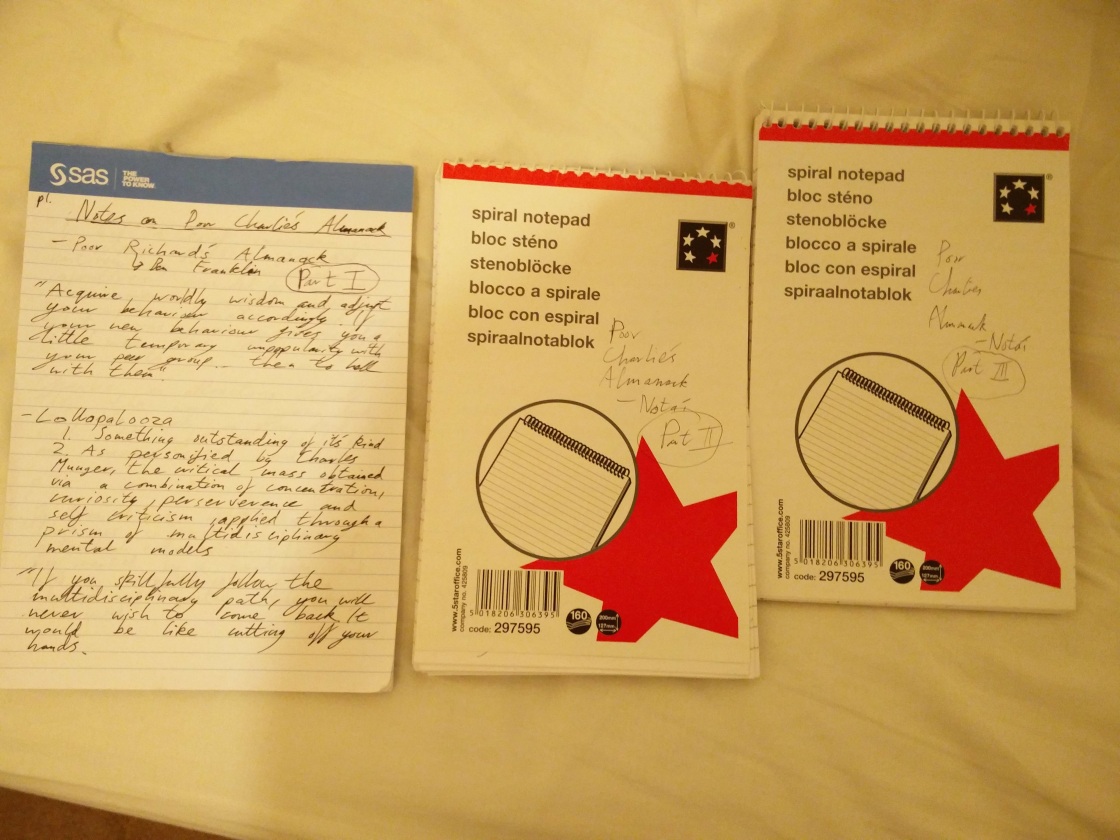
In short, buy it. Read it. Study it. Absorb it.
Book #2
Title: Zero to One: Notes on Startups or How to Build the Future
Author: Peter Thiel (with Blake Masters)
Channel: Physical
Year read: 2016
Amazon Associates Link:
Zero to One: Notes on Start Ups, or How to Build the Future
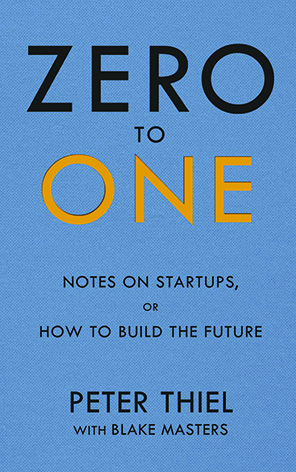
While Charlie Munger is an old school businessman, Peter Thiel is most definitely new school. From being the CEO of Paypal to being one of the major investors in Facebook to various other business ventures including Palantir and Thiel Capital, he is certainly someone who has a big influence on the tech scene. I enjoy reading about and listening to Peter Thiel because he has a different slant on things. He doesn’t subscribe to traditional thinking and is unwilling to accept a basic premise or assumption without coming to a considered conclusion after deeply thinking about it for himself.
The basic premise of this book is that many businesses are just incremental steps building on what already exists and that to really build a very successful business, you need to do something very innovative, in other words you need to go from zero to one. He espouses building a monopoly in some sector or area where there is little or no competition and that without creating a monoply, a given business cannot be a sustained success.
It’s not a very long book and it’s well structured into various different chapters which were derived from the notes that Blake Masters took while Peter Thiel was guest lecturing at Stanford University (and which are available here: http://blakemasters.com/post/20400301508/cs183class1)
Not without his critics, Peter Thiel has a very clear worldview, he is quite strident and not afraid to stand up for what he believes in, whether he’s right or wrong on particular topics is a completely different matter, but what is really fascinating about him is the way that he frames a question or challenges an existing assumption.
A good example of this, is in Chapter 4 “The Ideology of Competition”, he describes how competition is inherently destructive and thus should be avoided at all costs. He makes a number of interesting points about competition:
- Competition means no profits for anyone whereas a creative monopoly means new products and sustainable profits
- Aping competitors behaviour rather than focusing on original products and services is destructive
- There is a genereal unhealthy obsession with competition driven by the education system
This kind of view on such a fundamental part of the business world is not common and therefore all the more refreshing.
I wholeheartedly recommend this book on the basis that it provides a very good insight into how Peter Thiel thinks and the ways that he evaluates businesses.
Book #3
Title: Tools of Titans
Author: Tim Ferriss
Channel: Physical
Year read : 2017
Amazon Associates Link:
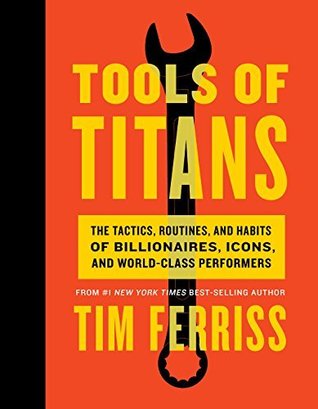
Tim Ferriss is a well known author, blogger and investor who has now turned his hand to podcasting. Over the last number of years, he has interviewed over one hundred guests on his show (http://tim.blog/podcast/) and this book is a summary of the best bits from his guests featuring tons of book recommendations, quotes, advice etc. I very much enjoy the podcast, listen to it regularly and initially I was sceptical as how much extra I would get out of buying the book.
However that said, at the time of writing I’m only about two thirds of the way through this book but I’ve already got enough out of it to give it a strong recommendation. The book is divided into three sections: Healthy, Wealthy and Wise. It features gems from various different folks across many industries and walks of life.
A typical example of the kind of advice you will find is from the chapter on Reid Hoffman about giving the mind an overnight task:
“What are the kinds of key things that might be constraints on a solution, or might be the attributes of a solution, and what are tools or assets I might have? I actually think most of our thinking is subconscious. Part of what I’m trying to do is allow the fact that we have this kind of relaxation, rejuvenation period in sleeping, to essentially possibly bubble up the thoughts and solutions to it.”
This is one of many techniques to improve your life that are dotted throughout this book. The above in isolation is potentiallly very powerful, but getting multiple techniques makes reading this book a no-brainer.
I would mention that this book is not quite in the same mind-blowing intelligence as the two above books. But then again it’s not trying to be that kind of book. It’s effectively a well chosen and tightly edited list of useful stuff. It does exactly what it says on the tin.
Book #4
Title: The Four Hour Workweek
Author: Tim Ferriss
Channel: Physical
Year read : 2011
Amazon Associates Link:
The 4-Hour Work Week: Escape the 9-5, Live Anywhere and Join the New Rich
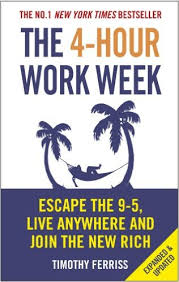
It’s a been nearly six years since I lay on a beach in sunny Biarritz and in between drinking red wine and shitetalking, I managed to read this book. At the time, it had a profound influence on me and definitely got me thinking about my career, what I value, how much time is spent at work versus leisure time et cetera.
One of the major takeaways is how most of our lives are centred around delayed gratification, the whole concept of getting a good job, working your way up the ladder, managing to retire with a nice nest egg and then begin “enjoying” life in retirement. This book encourages you to clearly identify what you want to do, how much that particular lifestyle will cost to sustain and then attempt to build an income stream to achieve that lifestyle.
This approach inverts the stereotypical question of “What will I spend my income on?” to “What life do I want to lead and therefore what income do I need to support it?”
Like most things which challenge the status quo, it’s not about about radically altering your lifestyle but instead looking at the alternatives and modifying the techniques and approaches to your individual circumstances.
I also really liked the strategy outlined as DELA (I wonder why…):
- Define
- Eliminate
- Liberate
- Automate
An excerpt describing the above technique in more detail can be read at the below link:
Book #5
Title: Elon Musk: Tesla, SpaceX and the Quest for a Fantastic Future
Author: Ashlee Vance
Channel: Physical
Year read : 2016
Amazon Associates Link:
Elon Musk: How the Billionaire CEO of SpaceX and Tesla is Shaping our Future
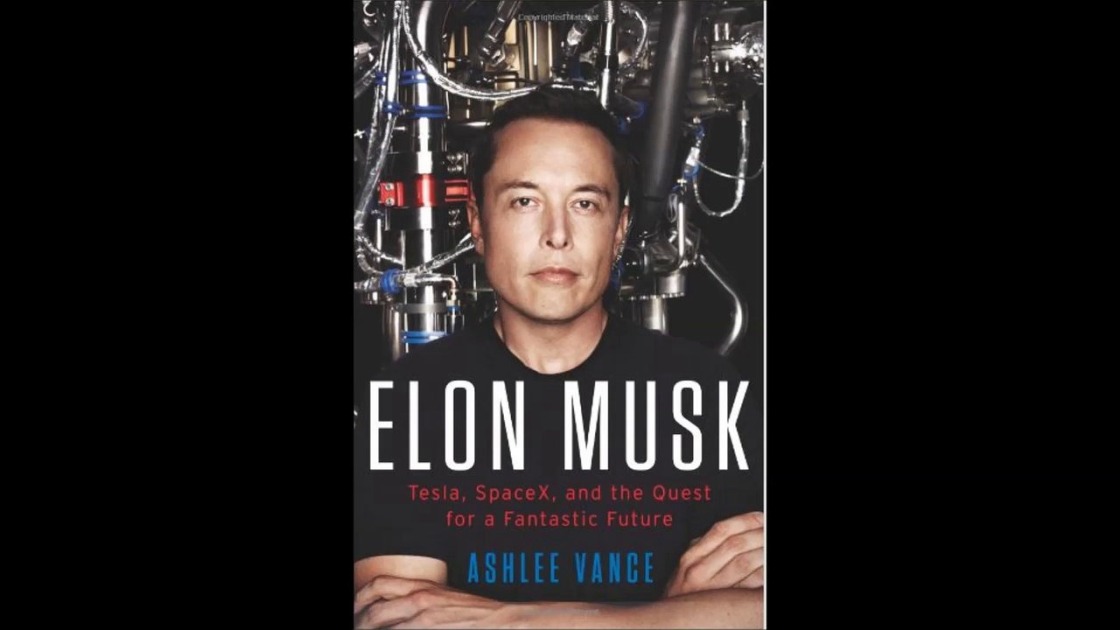
In the last six months or so, I have become a fully signed up member of the Elon Musk fanboy club and this recommendation isn’t so much about the book (which is very good) as much about the man himself. Previously, I would have been aware of who he was but I never really paid that much in depth attention to him.
The ability to dream the dream and then have the chutzpah to make it happen is a unique combination. This is underscored further by his actions during the 2008 economic crisis that when push came to shove and he was staring bankruptcy in the face, where he displayed the gumption to turn things around and keep his businesses afloat. While I can’t imagine what the world would look like if everyone was like Elon Musk, we could definitely do with more people with his level of ambition, vision and sheer bloody-mindedness to get things done. I sincerely believe that we will have people on Mars in the near future. That is exhilarating and extremely inspiring. For a great overview of Musk intends to make this happen, have a look at the below:
I wouldn’t necessarily be putting Elon Musk up there as the nicest guy around or some image of perfection, but as an engineer, a physicist, a multi-industry entrepreneur, he’s simply incomparable.
One of the hallmarks of his approach to business is first principles thinking. That being to keep asking why until you get to the root of a problem. A classic use of this technique was was in the early days of SpaceX where attempts were being made to purchase old ICBM rockets and re-purpose them in order to get their space transport business up and running. The general assumption being that buying an existing rocket was the easiest way of breaking into the space industry. On a fact finding mission to Russia, a price of the order of $21 million was being quoted per rocket when the trip was being made on the basis that three rockets would be available for $21 million. This amount was far above what the fledgling space business could afford. On the plane home, Musk unveils a spreadsheet to his colleagues detailing an inventory of materials and components which would be required to build their own rocket. This total spend was significantly less than the outlay required to purchase an already built rocket. The point here is that when you take what appears to be a difficult/impossible objective i.e. build a rocket and strip back to its bare bones, then there may be a different option which would otherwise not have been thought about.
This reasoning process used by Musk is described very well by Wait But Why blogger Tim Urban in his excellent series on Elon Musk (http://waitbutwhy.com/2015/11/the-cook-and-the-chef-musks-secret-sauce.html). I read this before I read this book. My expectation was that I wouldn’t learn that much more from the book as the Wait But Why series is quite detailed. However I think it’s a pretty strong endorsement of Ashlee Vance’s effort that he adds a lot of background detail and provides a thrillling narrative of Musk’s life to date.
Book #6
Title: Ego is the Enemy
Author: Ryan Holiday
Channel: Audible
Year: 2016
Amazon Associates Link:
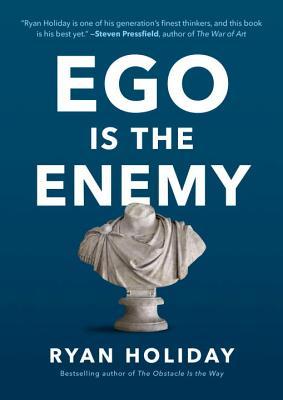
Ryan Holiday is a strong advocate of stoicism, both this book and his other related book “The Obstacle is the Way” are excellent. Stoicism is viewed as almost a “personal operating system” and encourages you to “control the controllables”. It is also in stark contrast to the consumerist world we live in particularly with such principles as “practicing poverty”.
What I really enjoyed about this book was the intertwining of his personal experience with the experience of well known figures from history to make his argument. I listened to this on Audible and what really makes it special is that Ryan Holiday narrates the book himself. I believe that hearing the author stress and emphasise various points throughout the book adds a lot and makes it a very unique experience.
There are many great nuggets in this book, one of particular note is the story of Kirk Hammett, the lead guitarist of Metallica, who shortly after getting the gig with Metallica decided he needed to improve his skills further. He sought out Joe Satriani, one of the most accomplished guitarists around, and over a three year period consistently went for guitar lessons with Satriani, working on his craft until such a time as he felt he could learn no more from him. This is such a powerful example of an ego-less person, clearly talented and successful, just after getting his big break but being humble enough to want to improve and address his weaknesses.1
In case you’ve never heard of Kirk Hammett, here’s the solo from Fade to Black (Skip to 5:45)…enjoy!
In closing:
- Read Munger to become wiser.
- Read Thiel to reset your worldview.
- Read Ferriss for lifehacks and general self improvement.
- Read Musk for inspiration.
- Read Holiday to become a more in control humble person.
Postscipt:
I’ve added the year I read the relevant book in case there is an element of bias towards recent books which I think to be fair, there probably is. A valid reason for more recently read books is that I have tried to make a conscience effort to read more in the last six months alongside my investment in an Audible subscription.
You will have also noticed that I have put in the channel in the above sections. While obviously all of the above can be consumed in physical format, I genuinely believe that particular kinds of books read by the author actually communicate the subject in question in a more convincing and cogent manner. Tone of voice is massively important in communicating a message and two people reading same text can potentially draw divergent conclusions. Another great example of the authors narrating their own book is Extreme Ownership by Jocko Willink and Leif Babin, a book I have recently finished and will come back to in a future post.
Audible Offer:
I signed up for the free month on Audible thinking I’ll definitely cancel. I didn’t and it has been an excellent investment in terms of getting through at least one book a month. Click on the below link to start your free month:
